Our Approach to Sustainability Materiality (material issues)
Recognizing that the realization of a sustainable society is essential for CSIF’s sustainable growth and will mitigate CSIF’s business risks, CSIF believes that contributing to the resolution of social issues through its business is in line with CSIF’s basic policies of “building a more sustainable economy and society through achievement of the basic philosophy” and “enhancing unitholder value in the medium and long term.
In specific initiatives, CSIF and CSAM held much discussion based on material issues from the two perspectives (double materiality) of the IIRC (materiality from the investor’s perspective as defined in the Guidance for Collaborative Value Creation published by the Ministry of Economy, Trade and Industry, etc.; environmental and social issues which have a material impact on a company’s value creation so to speak) and GRI (materiality from a multi stakeholder perspective as defined in Global Reporting Initiative, etc.; most significant impacts of an organization’s activities on the economy and environment), taking into consideration the impact on CSIF’s business and performance and stakeholders’ expectations and interest, and they then identified the ESG issues which were especially important for CSIF (materiality) as follows.
Material Issue Identification Process
When identifying materiality, CSAM’s Sustainability Promotion Secretariat, which is made of members from across the organization, holds discussions to extract issues and identify materiality, which is then approved by the Sustainability Committee as the decision-making body.
STEP 1. Extraction of issues
When extracting issues likely to impact the sustainable growth of the environment, society and the economy, CSIF held wide ranging discussions with reference to the following.
- Identification of entities that actually operate the business of the investment corporation (boundaries)
- Assessment of matters of interest to investors and other stakeholders: identification of issues based on ESG rating agency criteria, external disclosure frameworks, etc.
- External ESG frameworks/indices referred to in the above: GRESB Infrastructure Asset Assessment, MSCI ESG Ratings, SASB Standards
STEP 2. Identification of Materiality
Each of the extracted issues was put in order of priority based on “impact on CSIF’s investment policy and performance” and “impact on stakeholders and environment and society” and the material issues which CSIF should focus on as a priority were identified.
STEP 3. Deliberation and Approval by the Sustainability Committee
Each of the material issues was approved by the Sustainability Committee, which is chaired by CSAM’s CEO and Representative Director as the person with final decision authority, following deliberation of their appropriateness.
STEP 4. Sharing and periodic review of material issues
The identified material issues are shared with all CSAM’s officers and employees and CSIF’s Directors and must be reviewed periodically to ensure flexible adaptation to changes in society and the environment.
Materiality (material issues)
In February 2023, taking environmental, social and governance (ESG) factors into consideration, CSIF and CSAM identified materiality (material issues) in relation to sustainability as follows.
By setting targets for each issue and implementing a PDCA cycle to achieve the targets, CSIF and CSAM will seek to achieve the SDGs (Sustainable Development Goals) or Global Goals adopted by the United Nations in 2015, and achieve CSIF’s medium and long-term growth.
this table can scroll to sideway
| CSIF’s Materiality | Summary | Related SDGs | |
|---|---|---|---|
| E | Reduction of GHG emissions and energy | CSIF and CSAM aim to give consideration to environmental impacts in accordance with the Tokyo Protocol and Paris Agreement and minimize GHG emissions produced in their business activities and to also help reduce the emissions of society as a whole though expansion of their business activities |
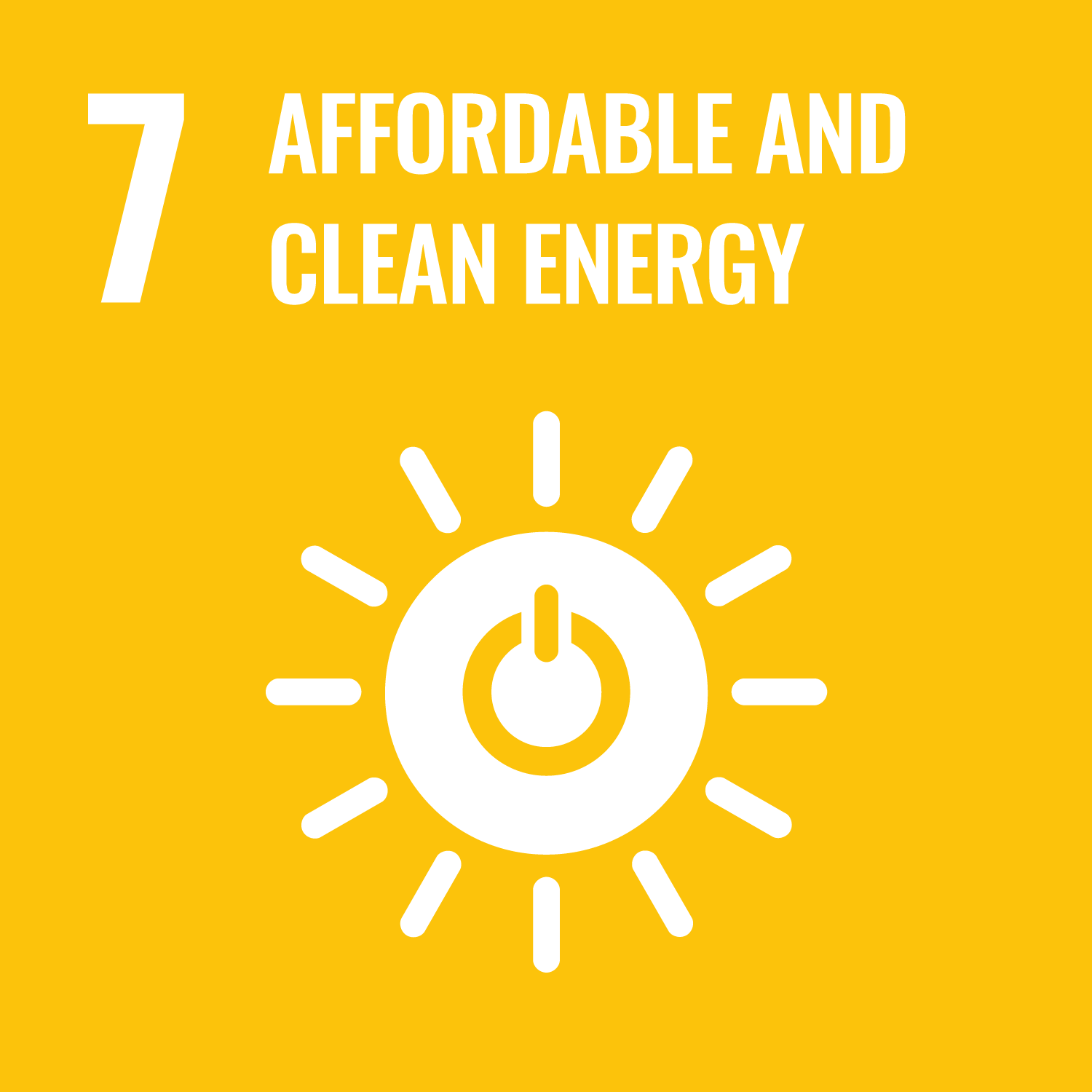 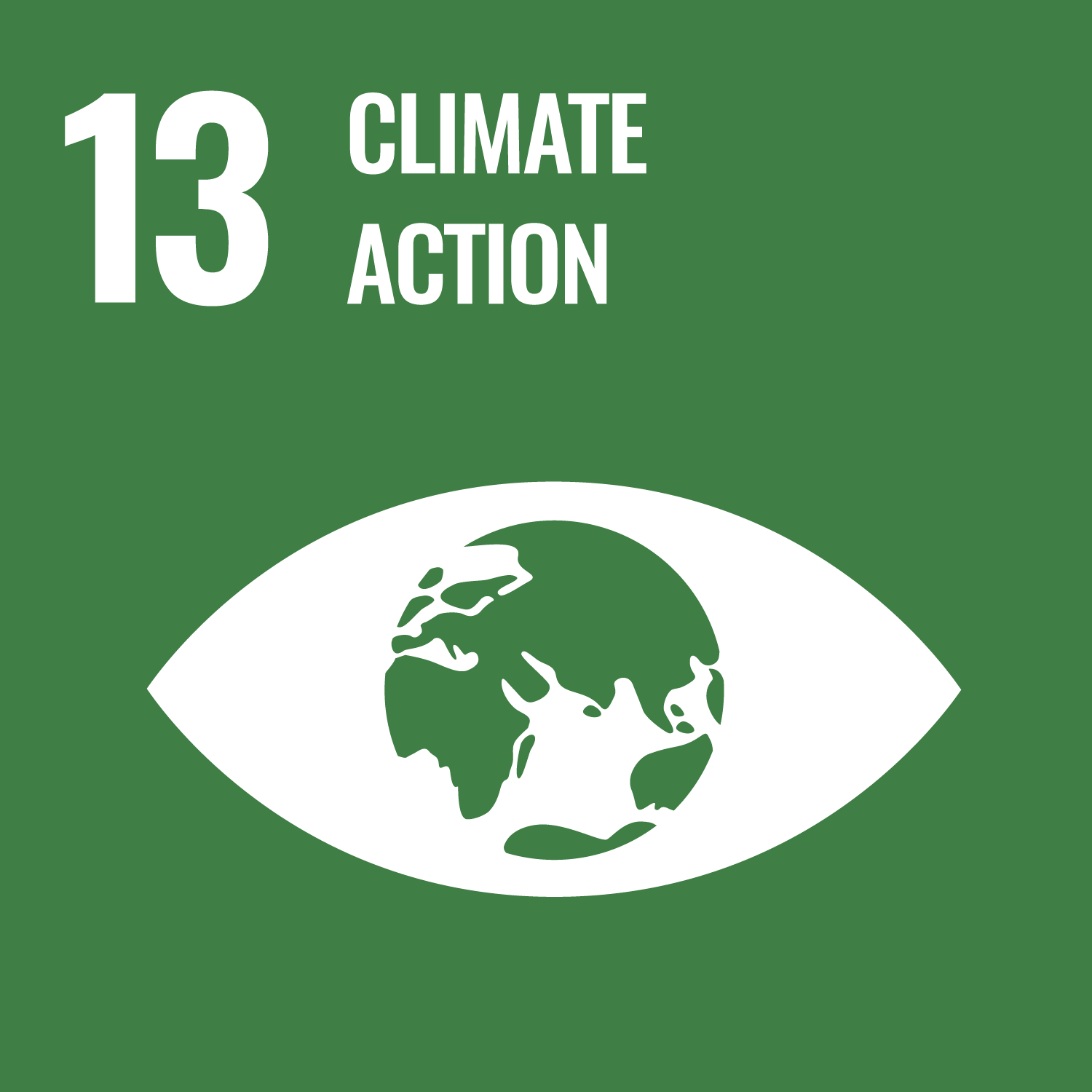 |
| Climate action | CSIF and CSAM, together with Canadian Solar Projects K.K., a sponsor for CSIF, aim to contribute to building a sustainable economic society in local regions while paying attention to the global environment and therefore invest mainly in renewable energy power generation facilities and conduct business with a focus on the environmental aspect among ESG considerations. |
  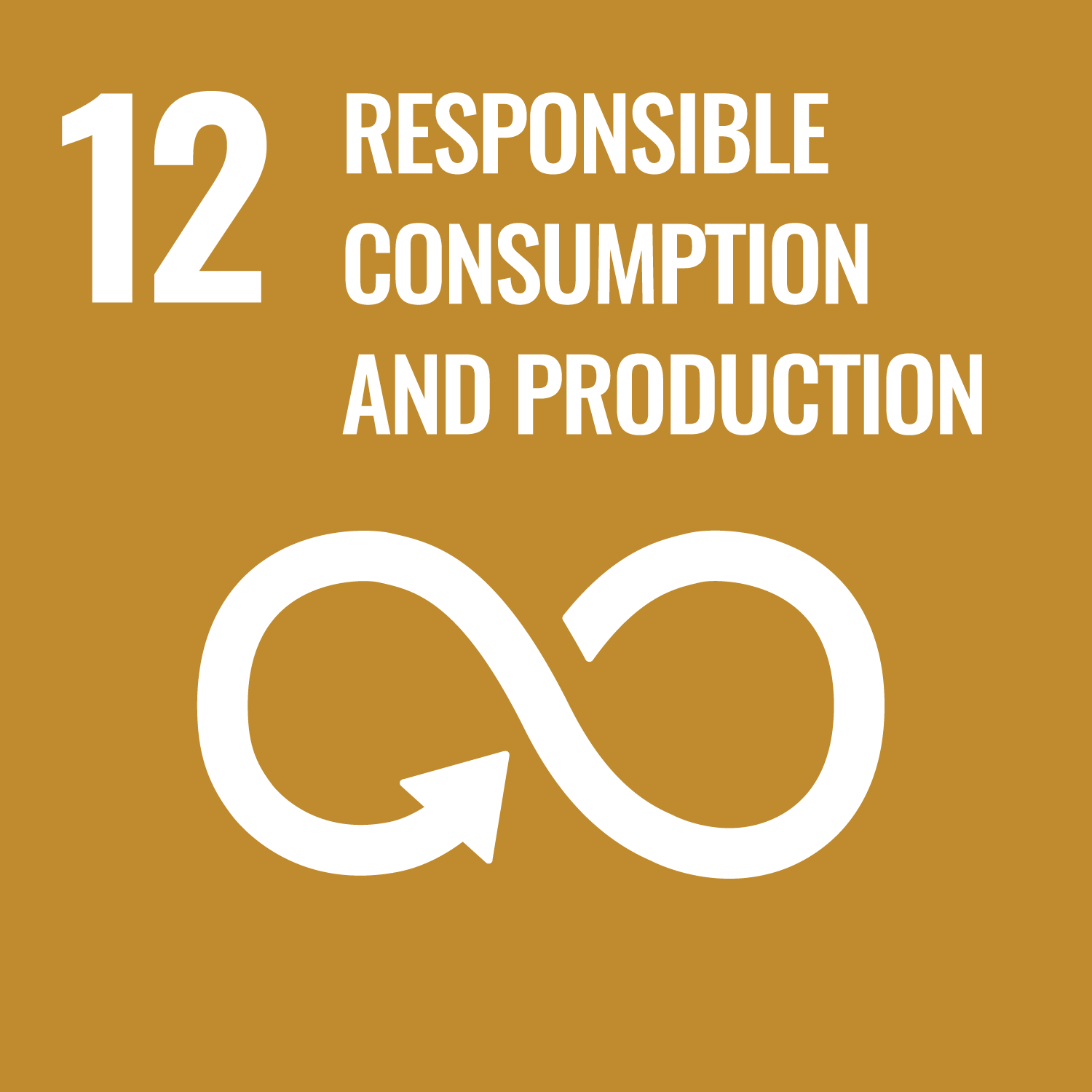 |
|
| Management of Environmental Impact | CSIF and CSAM aim to reduce environmental impact by assessing and managing environmental impact on the development of solar power generation facilities and on the disposal of solar panels and other equipment. |
   |
|
| S | Human Capital Development | Recognizing that employees are an organization’s most important assets in accordance with the Canadian Solar Group’s approach, CSAM believes that employees give CSIF and the Canadian Solar Group a stable competitive advantage and are the key to achievement of their mission and targets |
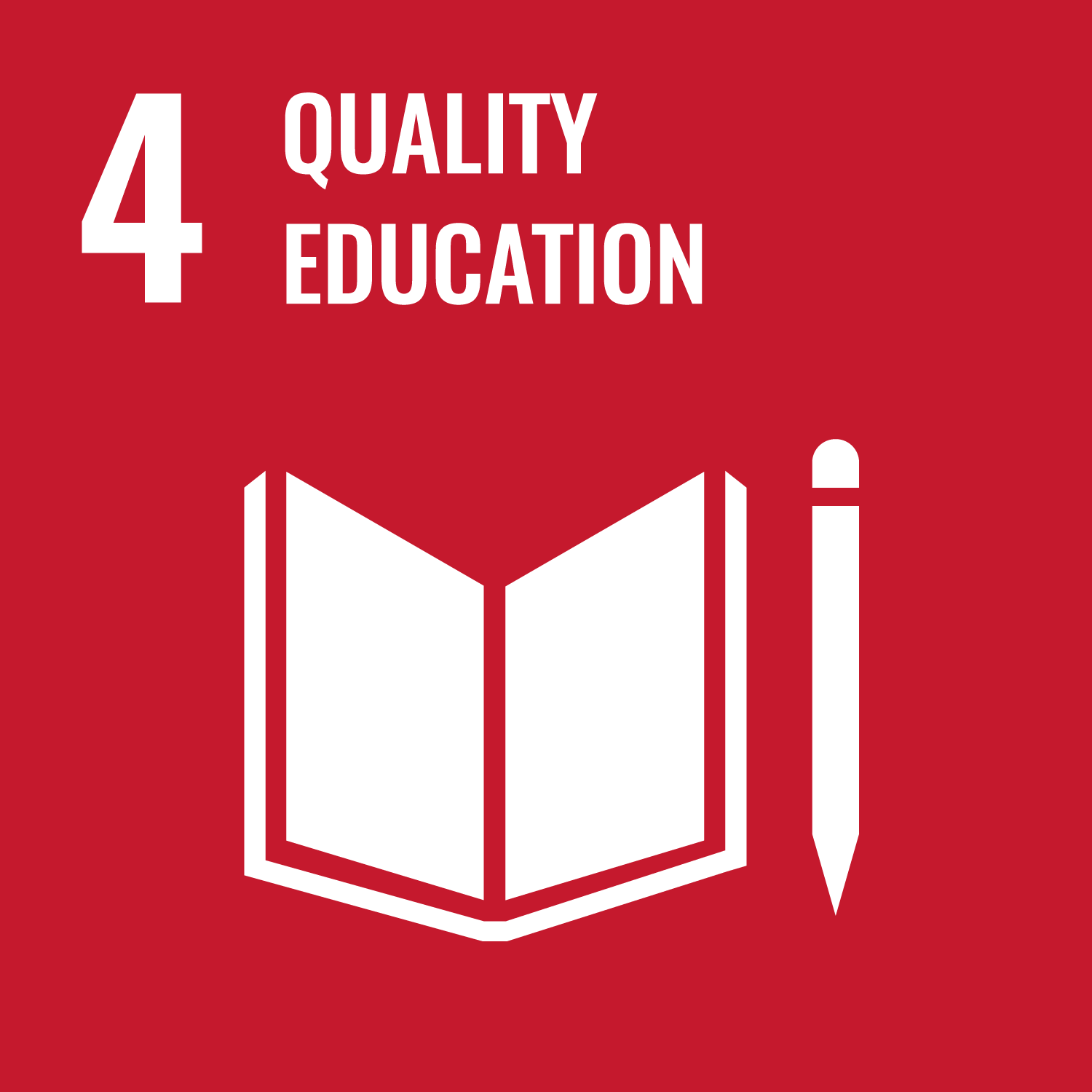 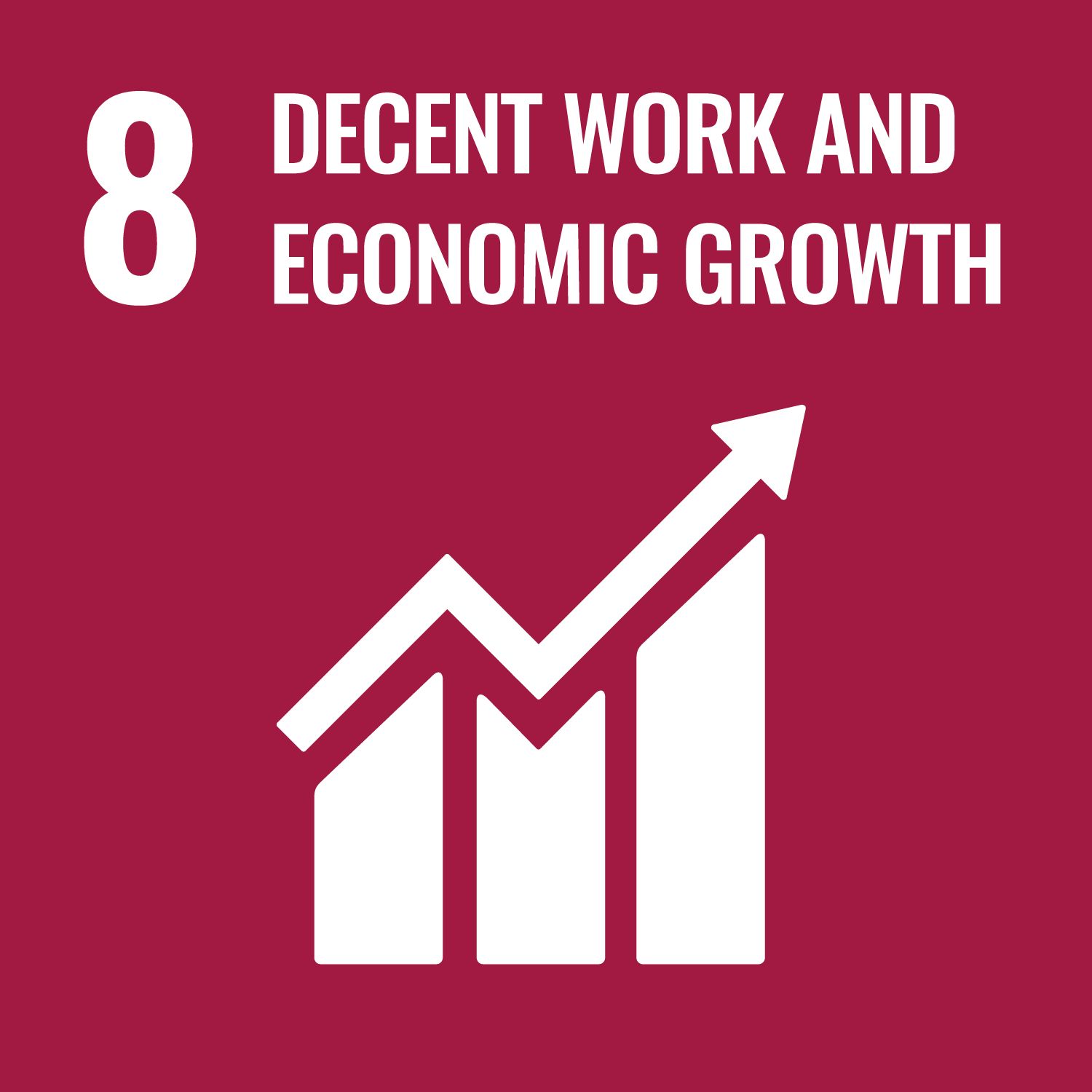 |
| Occupational Health and Safety | In accordance with the Canadian Solar Group’s positioning of the occupational health and safety of employees as a top priority, CSAM also recognize this as a top priority and is aware of the risks involved in managing and operating power plants and endeavors to ensure the safety of business partner employees. |
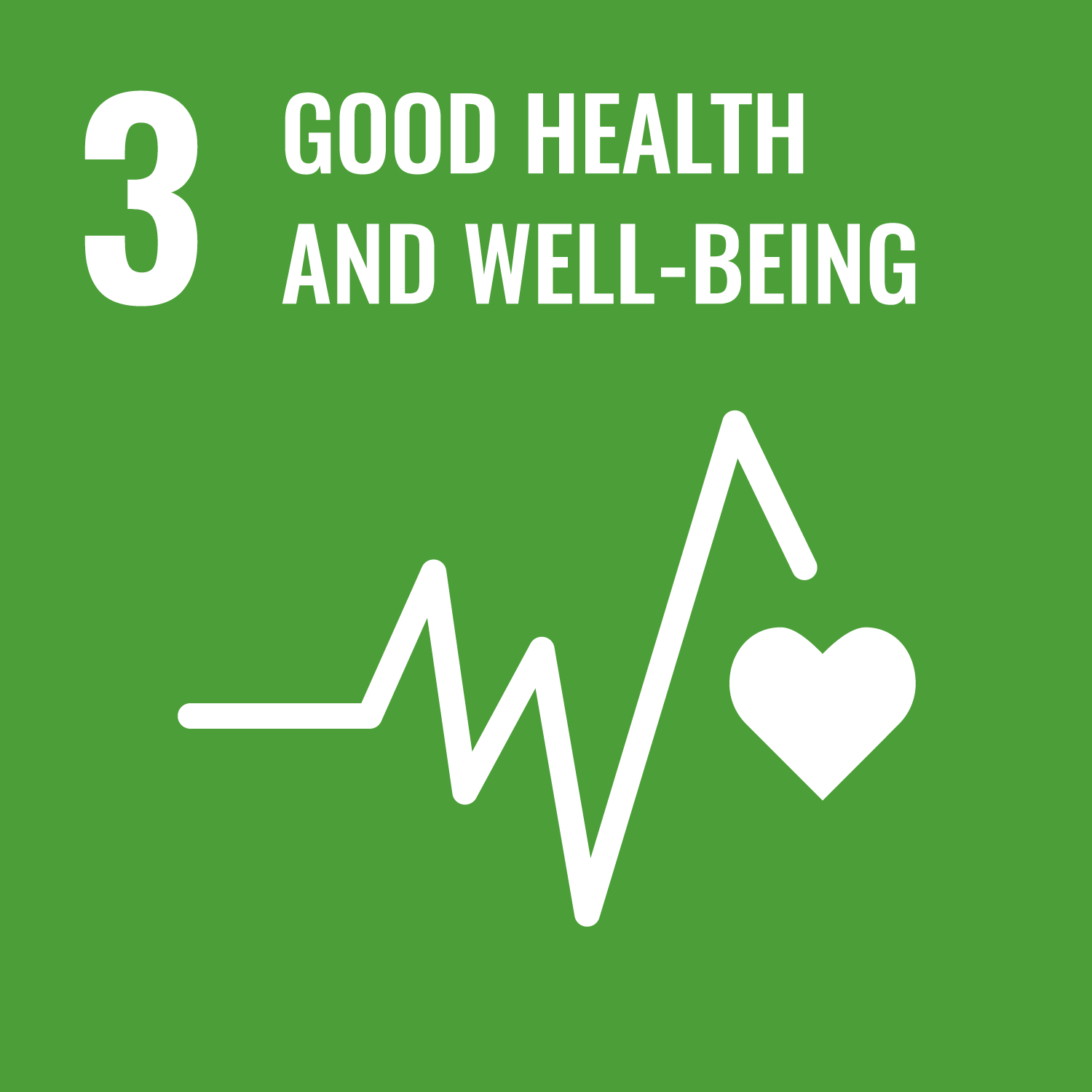   |
|
| Human rights and D&I | Within an open work culture which stimulates creativity in employees, CSAM must endeavor to provide workplaces in which employees can fulfil their potential and must also uphold its responsibility for high standards, providing workplaces in which all employees are treated fairly and properly and are safe. |
  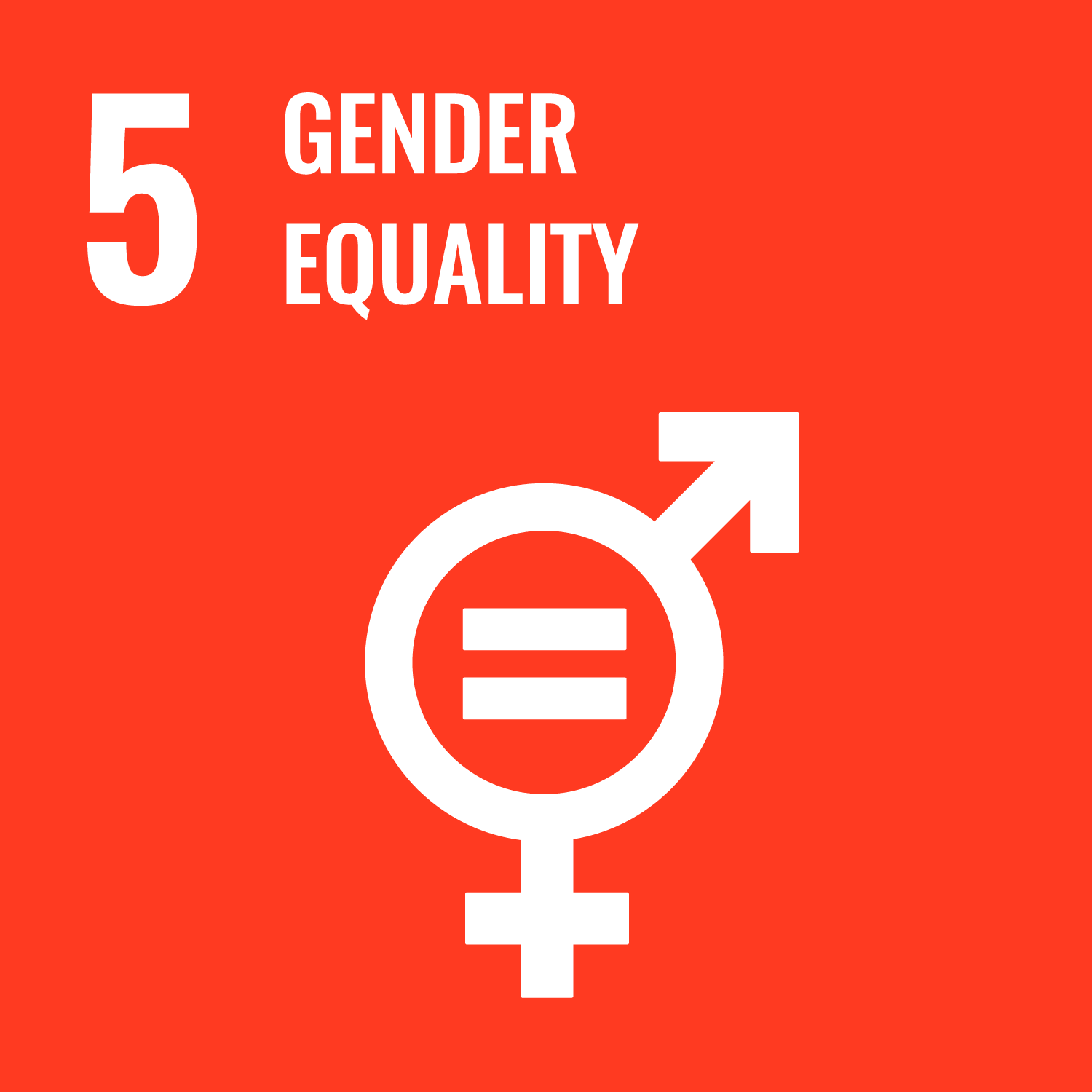 |
|
| S | Corporate Governance | As an investment management business under the Financial Instruments and Exchange Act and the Act on Investment Trusts and Investment Corporations, CSAM shall develop systems for enhancement of unitholder value and shall also continuously review the PDCA cycle implemented in the decision-making process. |
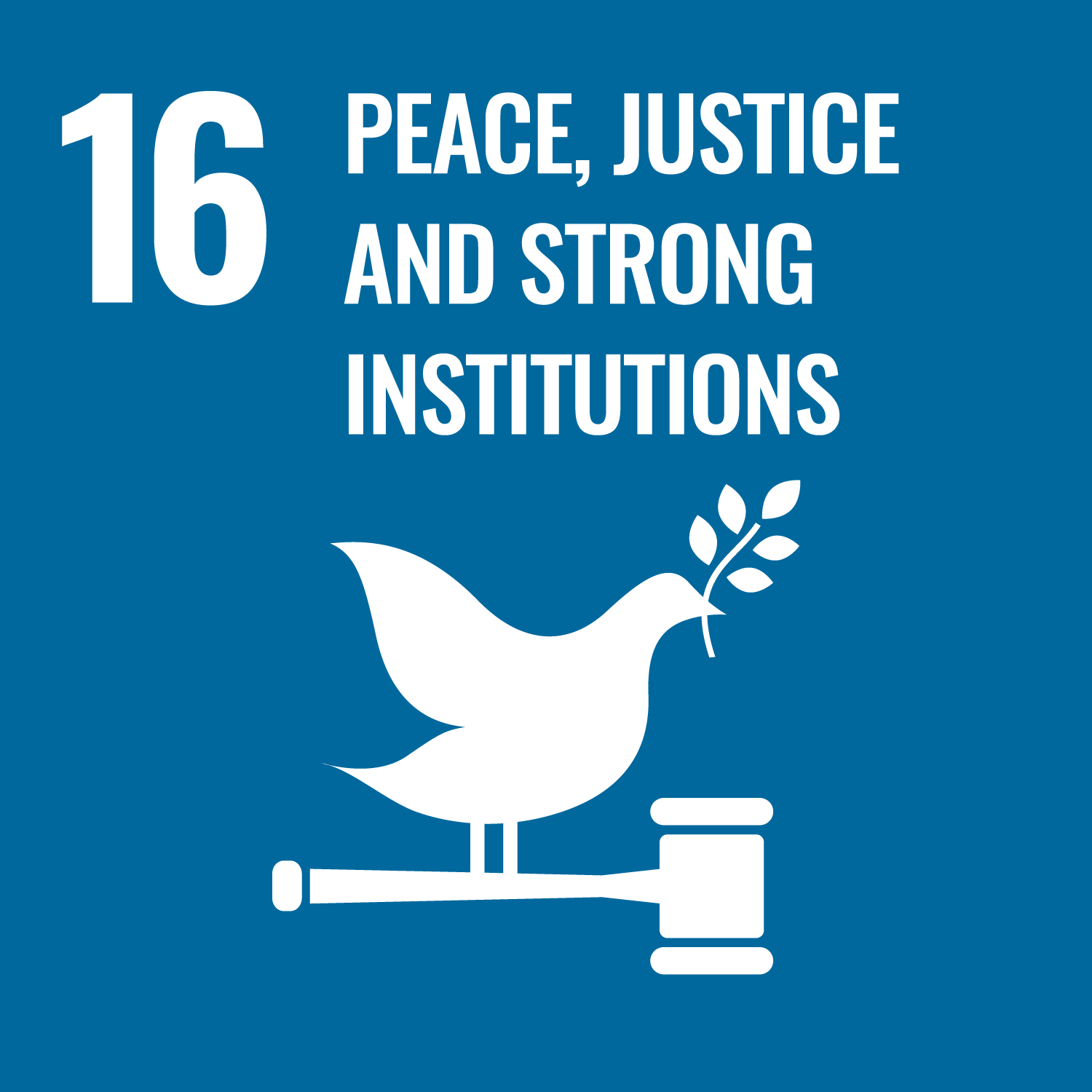 |
| Risk Management and Compliance | CSIF and CSAM shall raise awareness of compliance through compliance training, etc. and develop the internal management structure and risk management systems. |
 |
|
| ESG information disclosure and transparency | CSIF and CSAM shall enhance and ensure the timeliness of disclosures that go beyond the timely disclosure requirements of the Tokyo Stock Exchange and shall endeavor to provide variou stakeholders with accurate information in a timely manner. |
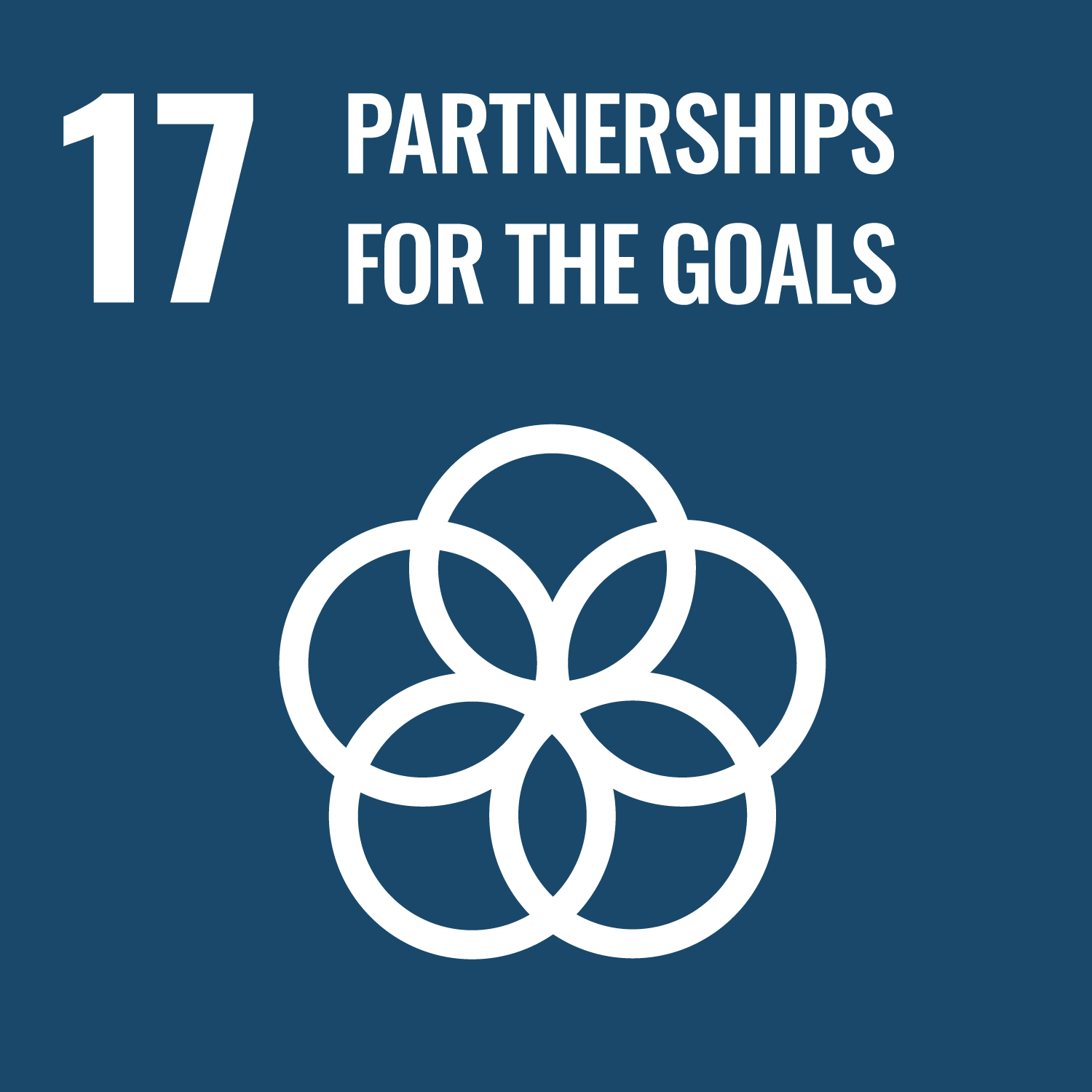 |
|
